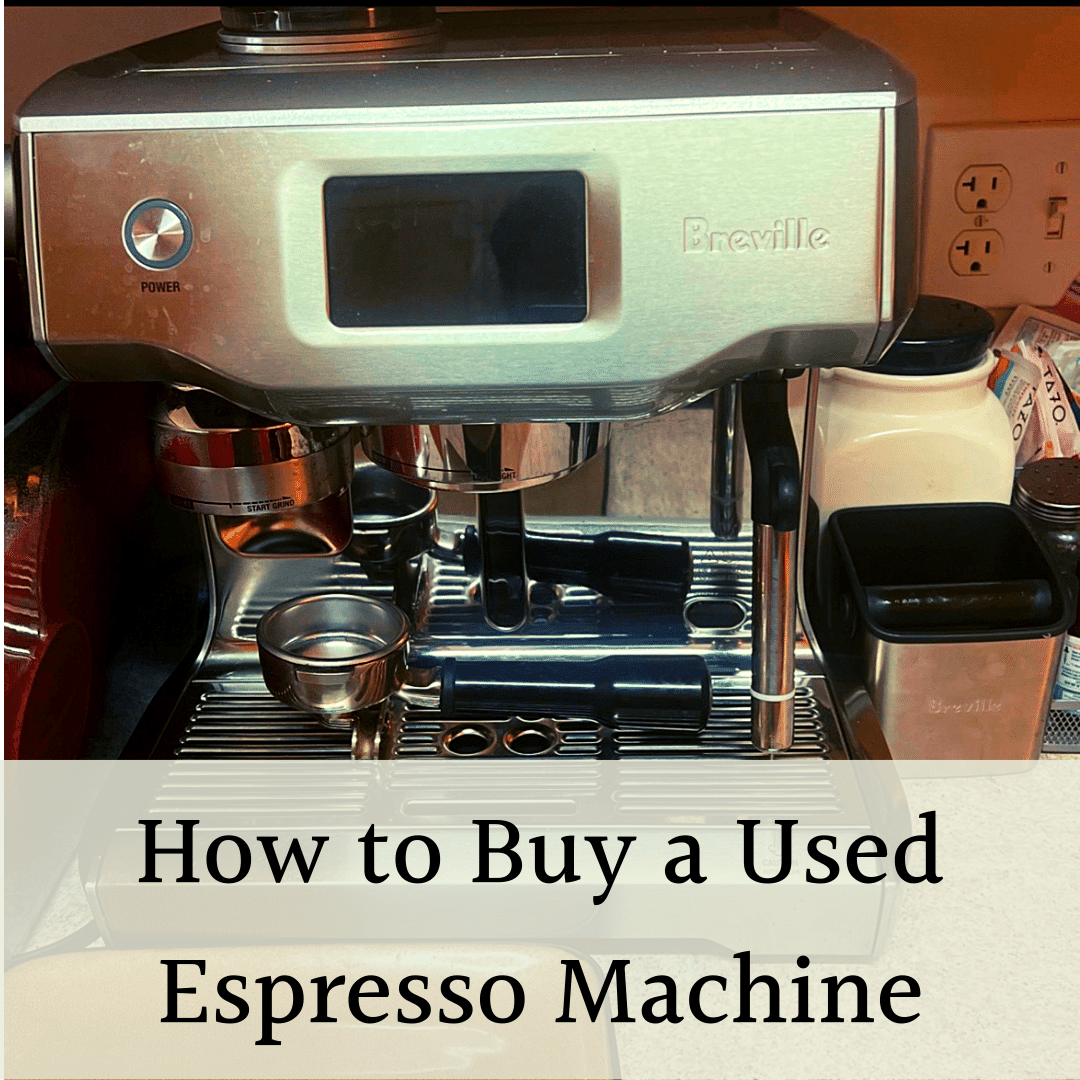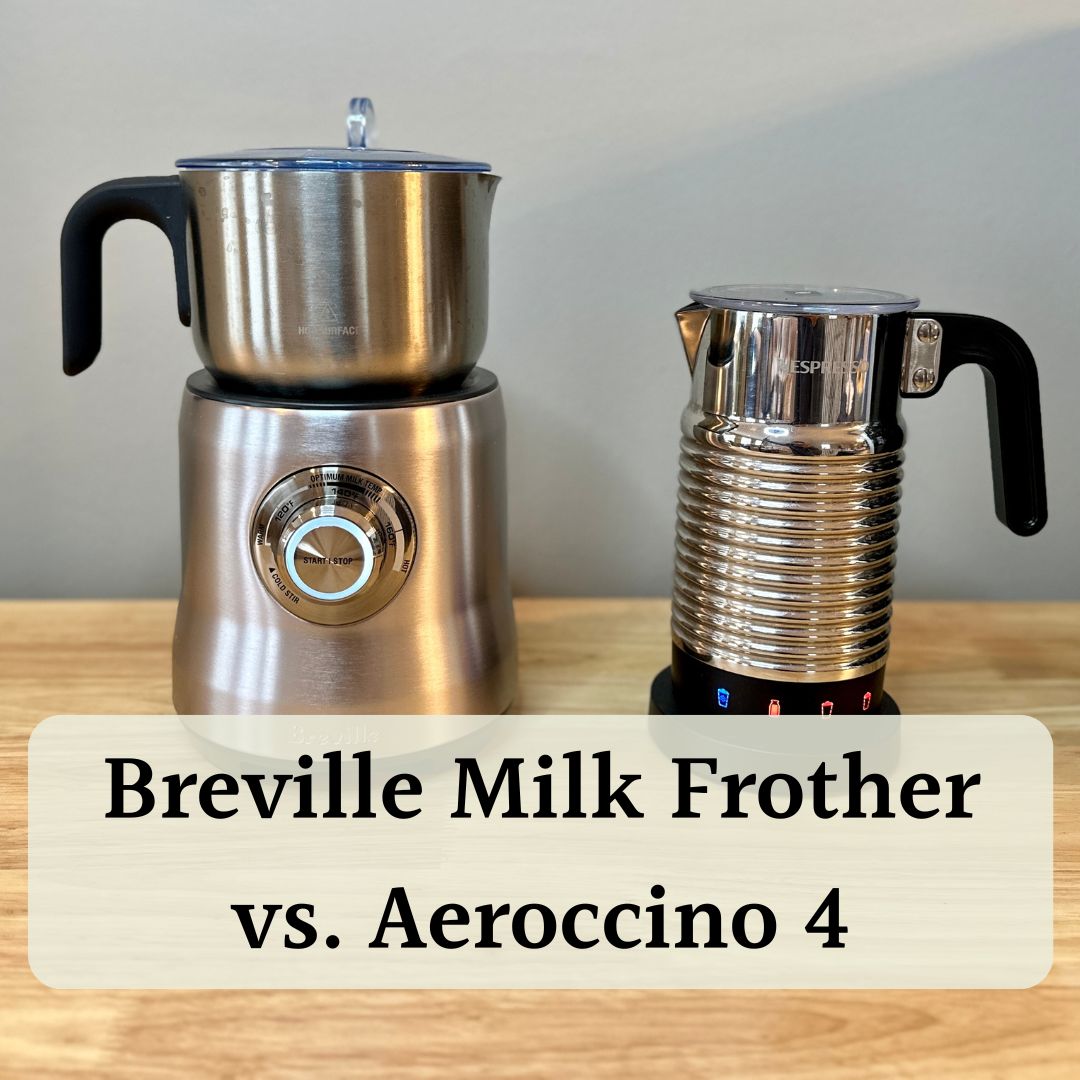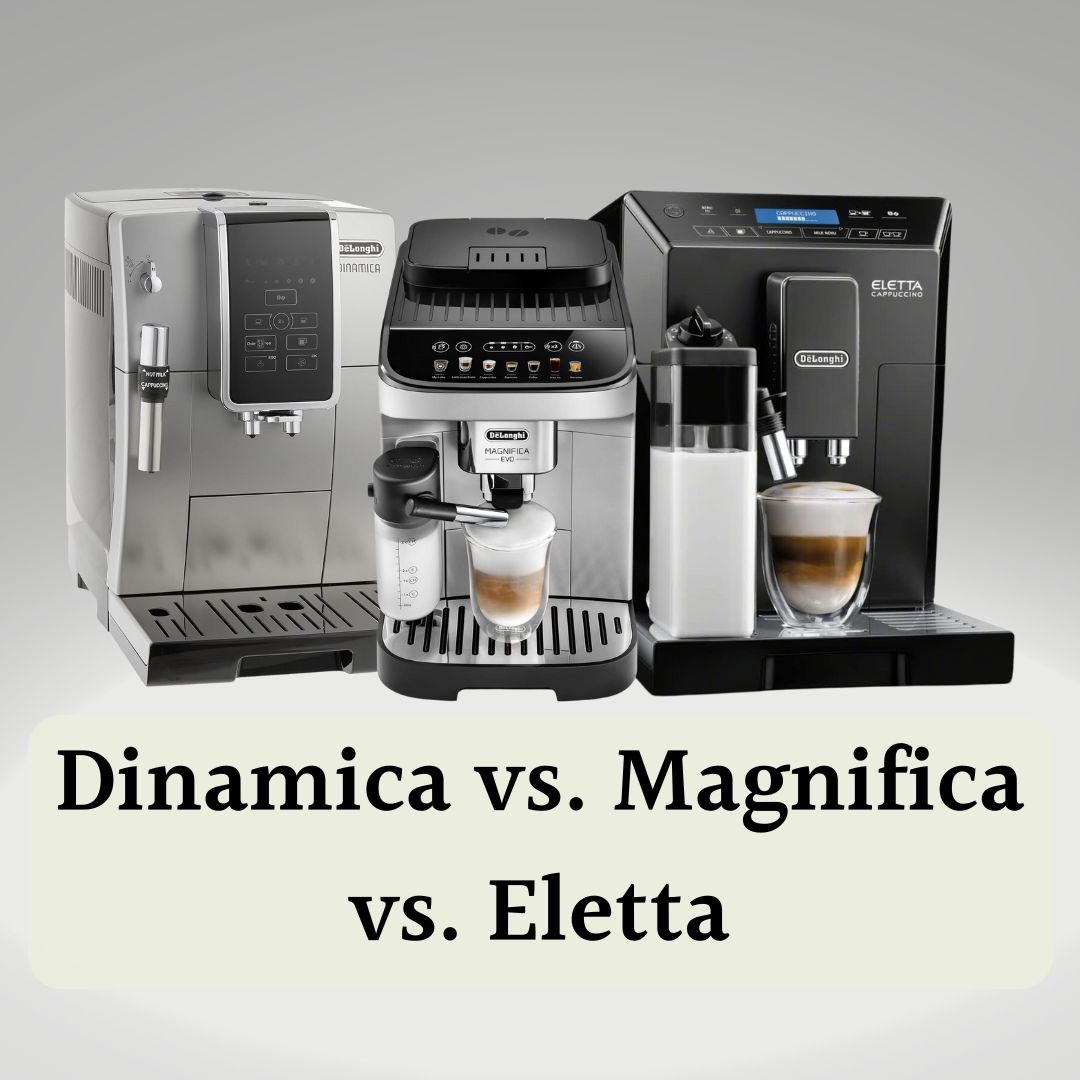Do you dream of starting every day with a delicious cup of freshly brewed espresso? Checking espresso machine prices will turn this dream into a nightmare. Luckily, used or refurbished espresso machines are an affordable way of getting a quality espresso maker.
I like to test the espresso machines I review, as I believe nothing beats hands-on experience. I’ve bought over a dozen espresso machines over the years, and I’ll let you in on all my tips and tricks for buying used espresso machines, such as verifying the seller is reputable, checking the refurbishing process, the machine’s age, and more.
I’ll explain the differences between used and refurbished espresso machines, what to look for when getting your own machine, and the best places for espresso machine shopping.
What is a Refurbished Espresso Machine?
A refurbished espresso machine is an espresso machine that’s been gently used. Usually, this is a machine that’s been returned to the seller in the return policy time limit, or it was a demo model. This means it’s either been on display at a shop or is missing some of the non-essential items.
These machines are repaired to be in good working order, which includes cleaning up, identifying and fixing issues, replacing faulty parts, descaling, and running coffee and hot water through the machine to make sure there aren’t damages.
Refurbished machines can include minor defects or imperfections. For example, there may be some scratches or cosmetic blemishes. Sometimes they lack non-essential accessories, such as a water hardness strip or a water filter.
These aren’t as important as they won’t interfere with the espresso flavor and are the reason you’ll save hundreds of dollars.
Overall, refurbished machines function like new because they go through thorough maintenance or repair. They can miss parts such as accessories and original packaging but are functional and have all the essential parts for brewing coffee.
Used vs. Refurbished Espresso Machine
Buying a used espresso machine means buying directly from an individual. Buying a refurbished espresso machine means buying from a reputable seller.
Used espresso machines are a bigger risk. You’re buying from a personal seller, and they may try to make it sound like the machine’s in better shape than it actually is. Also, an individual isn’t as knowledgeable about mechanics as experienced sellers, so they may misinform you.
If you’re buying a used espresso machine, you should carefully check the list of defects. Physical imperfections such as scratches or dents aren’t as important for machine functioning, but you should still know what you’re getting for your money.
On the other hand, refurbished machines are repaired, and you can be sure they are in the proper working order. You don’t have to worry about functionality or essential missing parts.
The advantages of buying a refurbished espresso machine include having:
- Tested product
- Cleaned espresso machine
- Customer support
- Warranty
- Secure purchasing
A refurbished espresso machine will give you better peace of mind, as you can count on the manufacturer’s or the refurbishing company’s support.
Finally, no matter if you go for a used or a refurbished machine, always study the machine’s description and ask about cosmetic and functional defects.
What to Look for in a Refurbished Espresso Machine?
Even though I consider a refurbished espresso machine a better choice than a used one, there are several important things you should pay attention to.
Reconditioning Process
Best resellers employ factory-trained technicians to check the espresso machines. This person is a professional and knows how to complete repairs on an espresso machine, how to put it together and make sure all the components are present and working properly.
That’s why you should ask who did the machine refurbishing and what the process looked like.
You can also ask why is the machine being sold as refurbished. For example, was it returned because it malfunctioned, or it’s being sold as refurbished because it was a showroom model?
It’s better if you see a machine for sale because it was lightly used instead of being damaged. The reasoning also determines the extent of the reconditioning process.
Another consideration for the reconditioning process is the espresso machine technology. Does it have computer chips? Has the programming been updated? Best refurbishing sellers have programmers who test the espresso machine software to make sure all updates are in place.
Finally, what parts were used in the reconditioning process? Buying from a factory or a certified center means the manufacturer’s standards are being upheld, and the original parts were used. For example, Seattle Coffee Gear is a certified DeLonghi and Philips refurbishing center, so you know all the parts they use are original.
Age and Use of the Machine
The age of the machine is another important consideration. If you buy a used espresso machine that’s an older model, it’ll be difficult to find replacement parts and fix the device when it breaks down.
A good way to check the age of the espresso machine is to check the company plate. If the espresso machine is more than five years old, it’s better to stay away from it. It’ll be difficult to find parts, or you’ll have to resort to buying used parts to repair it. Even three years could be long enough for the manufacturer to change the model.
As for the use, a refurbished coffee maker is probably used very little, or none at all. This is another point in favor of buying refurbished.
For example, some sellers, such as Seattle Coffee Gear, say they only sell refurbished coffee machines from the showroom, which means minimal use.
On the other hand, a used coffee machine has possibly been used for years, which means there’s considerable wear and tear. For example, you may have to replace some parts, from the water filter to the brew head.
Warranty and Shipping
Warranty is another benefit of a refurbished model. Reputable sellers offer different warranties:
- Limited warranty — Usually lasts 90 days.
- One year — The company will fix any issues that happen in one year from the date of the purchase.
- Extended warranty — Longer warranty timeframe compared to standard warranty.
- Expressed warranty — Guarantees the espresso machine meets pre-specified quality.
A home or commercial espresso machine bought from an individual won’t have a warranty, and you’ll have to pay for any repairs out of your own pocket.
The final consideration is shipping costs. Espresso machines can be very heavy, so you can end up paying more for shipping costs than the device itself.
Here’s what to ask before buying used or refurbished espresso machines:
- Does the refurbishing seller ship to your area?
- Do they have free shipping?
- How much is the shipping fee?
- What happens if the machine arrives damaged during the shipping?
You can negotiate when buying from an individual seller and see if they are ready to cover the shipping costs. Otherwise, even if you find a good deal, make sure to check the shipping cost, as that can significantly affect the overall price.
Where to Buy a Refurbished Espresso Machine
These are the best three sellers of refurbished home and commercial espresso machines.
1st in Coffee

1st in Coffee is my first choice for used espresso machines, especially if you’ve got your heart set on a Jura machine.
1st in Coffee sells factory refurbished and tested machines, so you know you’ll get a refurbished device in excellent working condition. Plus, they claim you won’t get used espresso machines with a ton of scratches or dents.
I also like that they offer a 1-year warranty plus a 30-day money-back guarantee, which is more than enough time to try out the machine and return it if you don’t like it.
Some Jura machines you can get include:
- Jura Z6
- Jura Z8
- Jura WE6
- Jura E8 (our personal favorite, check the full review here)
- Jura GIGA W3
These espresso machines are discounted by 20% to 40%, and you get free shipping if you live in the contiguous 48 US states.
Whole Latte Love

Whole Latte Love is another good option, especially if you’re looking for higher-end machines. While 1st in Coffee only sells refurbished Jura devices, Whole Latte Love has a somewhat larger selection. The machines they sell include:
- Gaggia
- DeLonghi
- Jura
The refurbished machines are discounted from 20% to 50%.
They offer a Quality First warranty, which includes 6 months of support, including parts and labor, free shipping, and a 30-day return policy.
Here’s what their testing process looks like. Whole Latte Love employs certified technicians who first check the package for accessories and any dents or scratches. Then, the technician goes through a checklist to make sure the machine is in good working order.
They inspect components such as electricals, monitors, valves, nuts, bolts, connectors, boiler, and steam wand. Any malfunctioning part is replaced.
The technicians test each refurbished machine to make sure it brews and steams at the correct temperatures and heats up in the correct time. Super-automatic machines also have the grinder inspected to make sure it’s correctly calibrated. Finally, each machine is cleaned and polished.
Whole Latte Love says the device has to be like-new and in perfect working condition to get approved for sale.
Seattle Coffee Gear
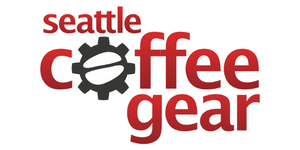
Seattle Coffee Gear only sells refurbished machines and is certified for refurbishing Philips and DeLonghi devices, so you’ll find refurbished machines from these two brands on their website.
They offer free shipping in all 48 US states, and there’s a 30-day money-back guarantee, plus a 6-month warranty. The refurbished prices are discounted by 20% to 30% in most cases.
They are espresso machine experts for DeLonghi and Philips. Each machine is certified either by them or the manufacturer, so you know you’ll get a device in good condition.
They strip the machine down to essentials in their refurbishing process. They change parts that commonly fail and check for cracked parts.
The technicians inspect the steam valves and portafilter for leaks, the grinder calibration, and any other malfunctioning parts. Then they use the machine for at least 10 minutes to see if anything fails. Finally, they clean the machine.
Find their full selection of refurbished machines here.
What to Look for in a Used Machine
Buying a used machine is more tricky but you can find some great deals. Here’s what to keep in mind if you opt to buy a used machine directly from an individual.
Authentic Photos and Seller
The first and easiest thing to look for is photos. Make sure the photos are real and not just manufacturer photos. If the seller only has the manufacturer’s photos, it’s a red flag. Inspect the photos for blemishes or dents on the device.
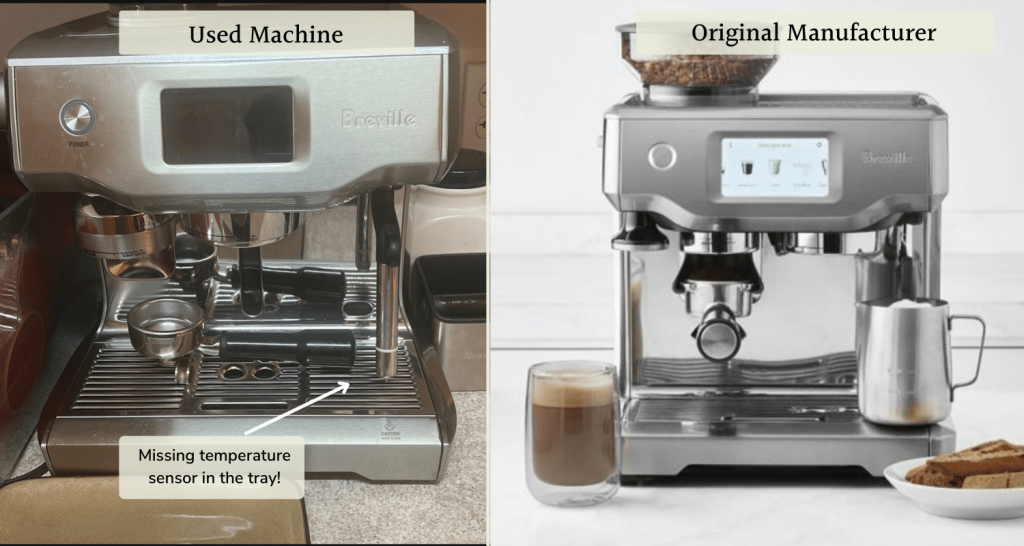
Also, try to verify that the seller is a regular human. Check if they’ve sold other items and if there are reviews from previous buyers. The more items they’ve sold, the higher the chance it’s a trustworthy seller. Essentially, you want to avoid being defrauded.
Reason for Sale
Good reasons for sale include:
- Trading up to a better machine — The most common selling reason. If you get into espresso, you quickly find yourself trading in the $1,000 machine for a $2,000 dual boiler.
- Didn’t use it — Other people just don’t get into espresso. Perhaps they tried and didn’t like it, or they got a machine as a gift.
Essentially, make sure they aren’t selling the machine because it doesn’t work!
Age, Use, and Care
I already talked about age, so you know you should check if the used espresso machines are the latest model and not one from 10 years ago. I wouldn’t recommend buying any machine more than three years old.
Again, study the pictures carefully to see how well the seller took care of the machine and if there are noticeable dents and scratches. You can even ask for a video to make sure it’s in good condition.
Best Places to Look for a Used Espresso Machine
My personal favorite places to shop for used espresso machines are:
- OfferUp — I found OfferUp has the best selection of espresso machines by far. It is a local marketplace app for used goods, so you can check the machine yourself.
- NextDoor — Another app that connects people within a neighborhood. The sellers are more authentic than other apps I’ve used, and it’s based on who is closest to your location. This adds trust that you’re getting a real human and cuts down shipping costs.
Both OfferUp and NextDoor are great because you can usually see the machine in person before buying it. Ask the seller to pull an espresso shot to make sure the machine works before buying.
Where NOT to buy:
- Craigslist — Too many fake sellers. It’s difficult to know the true condition of the machine, so you don’t know how much work it’ll need to get it running if it’s not working.
- eBay — There is plenty of selection, but the quality is unclear. Plus, a lot of people make a living by finding deals on eBay, so the discount is often not worthwhile.
Used Espresso Machines: Final Thoughts
While my vote goes to refurbished espresso machines, don’t discard used ones either. Always make sure to buy from reputable or verified sellers, and check the machine’s age, use, shipping, and warranty.
Once you’ve got your machine, it’s crucial to keep it in good condition.
Check out our guide on how to clean and descale the espresso machine so it’ll work for years to come. Or, if you’re looking to save money see some of our favorite budget espresso machines.

